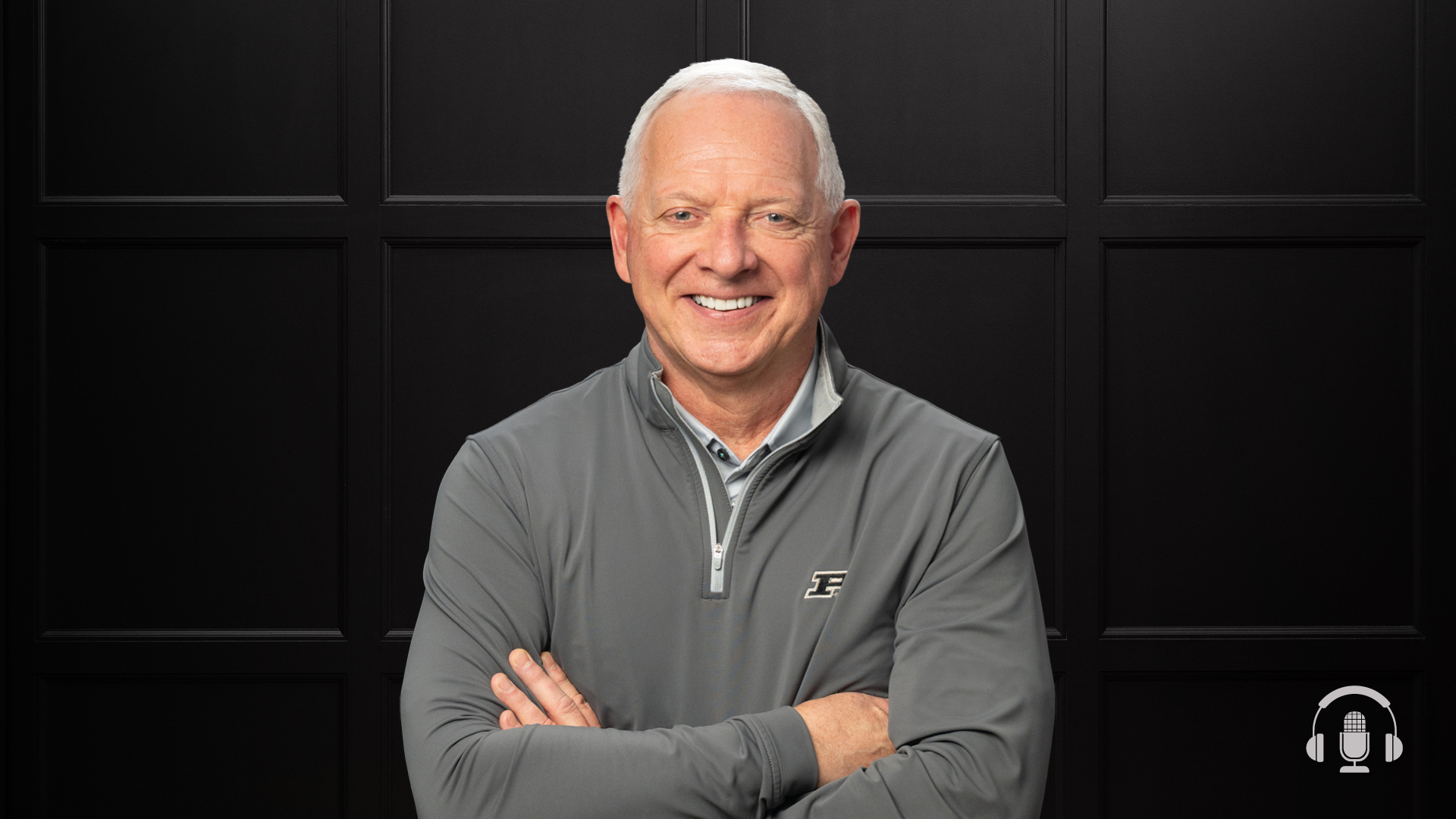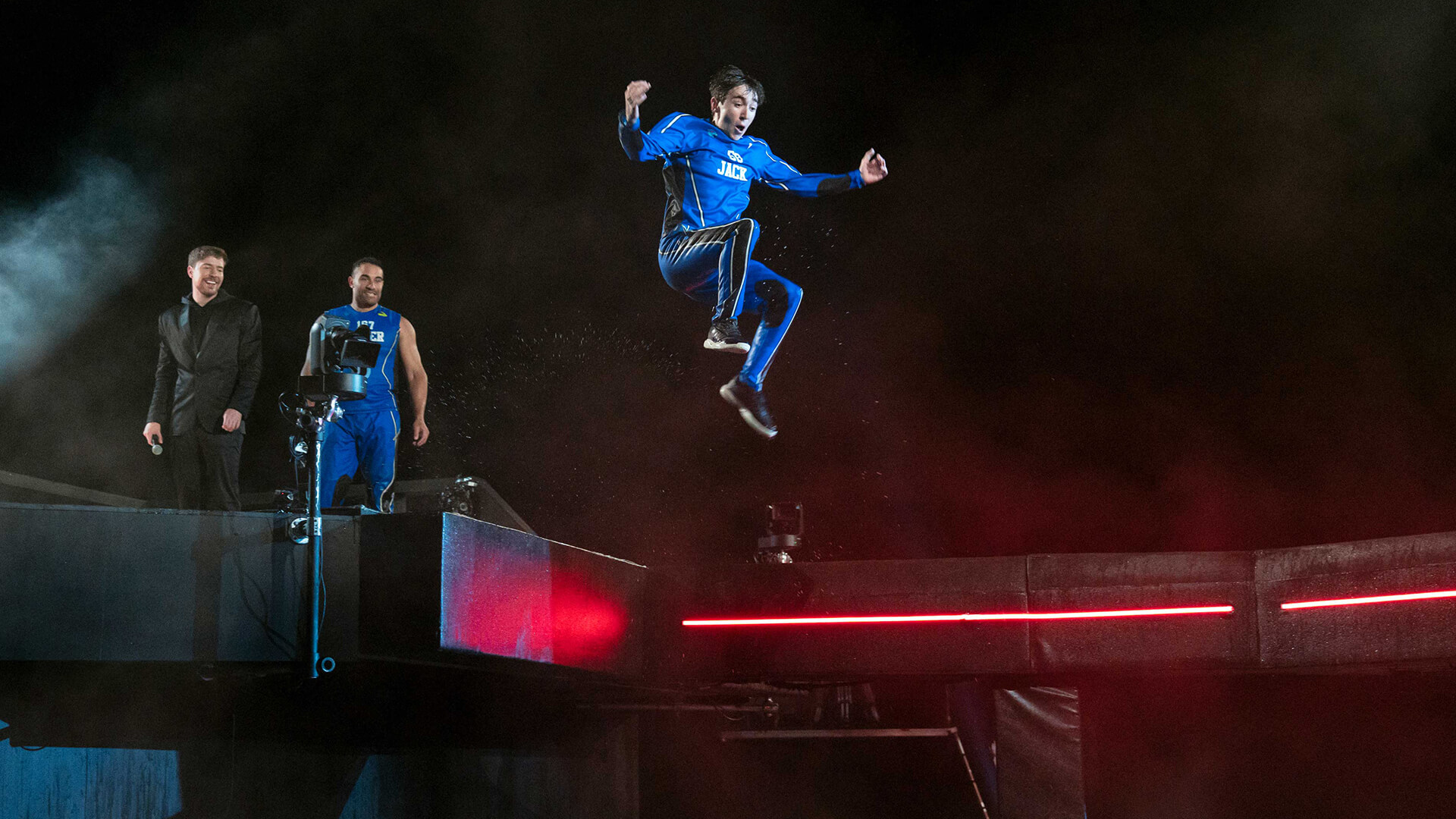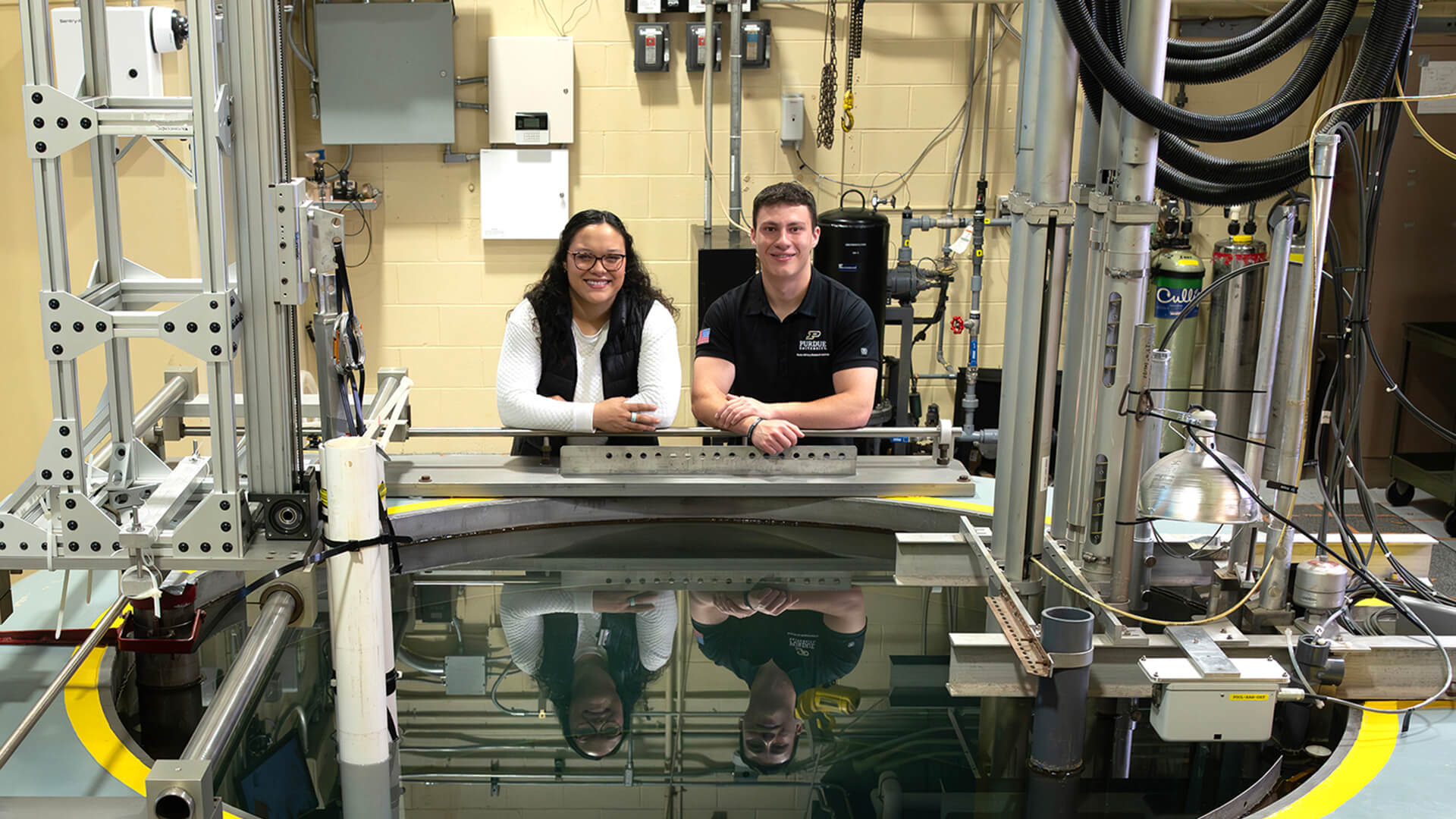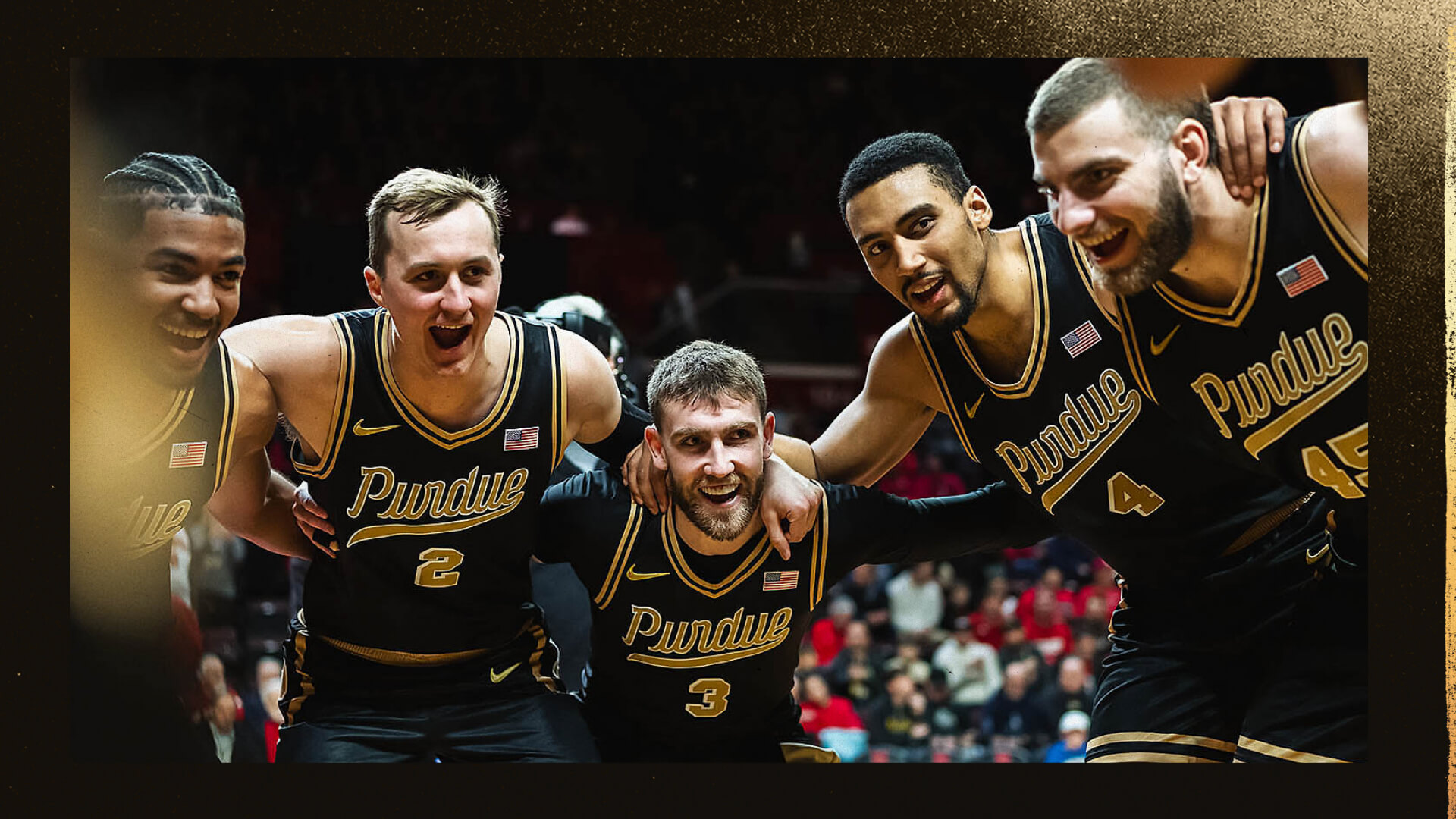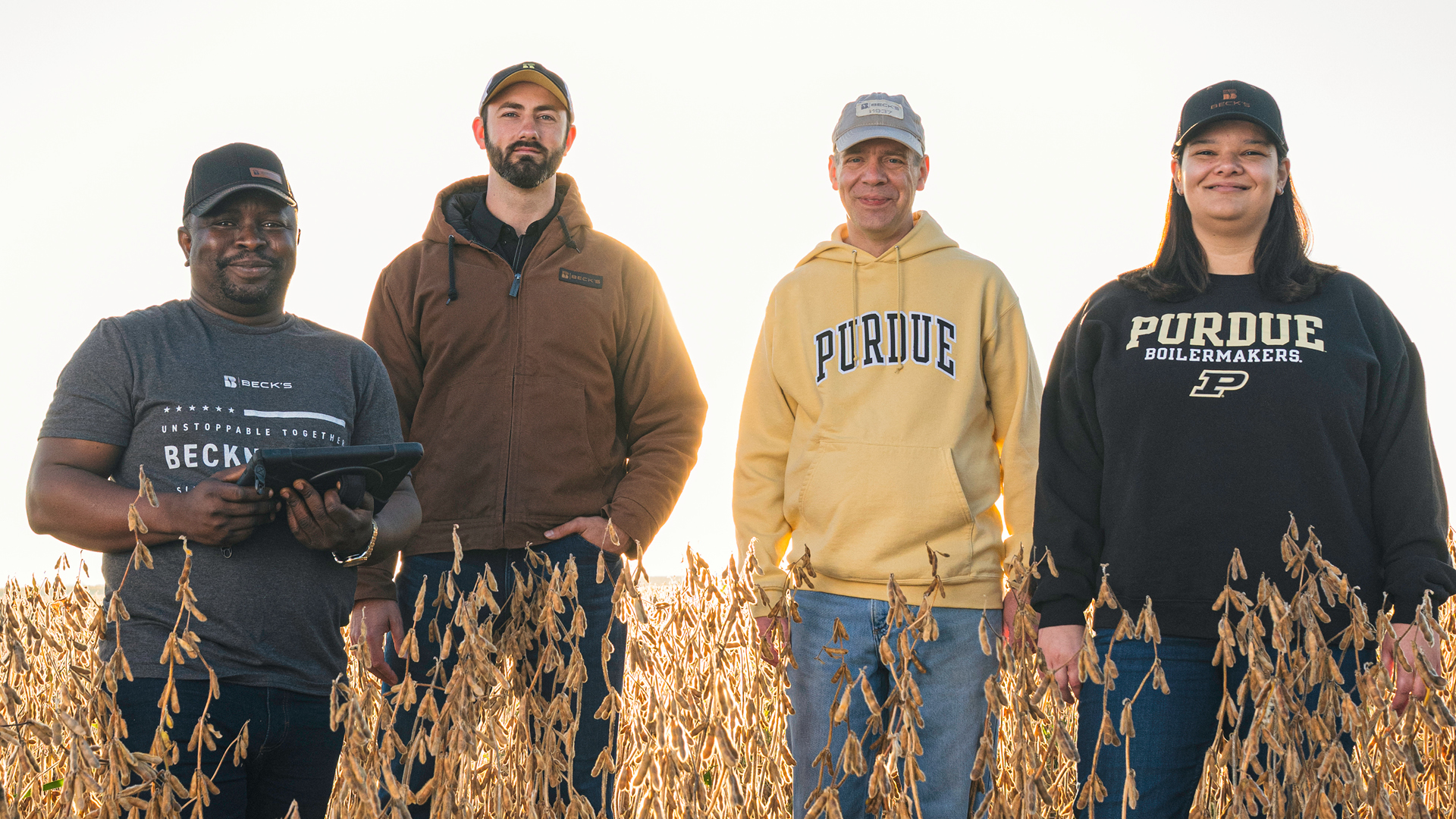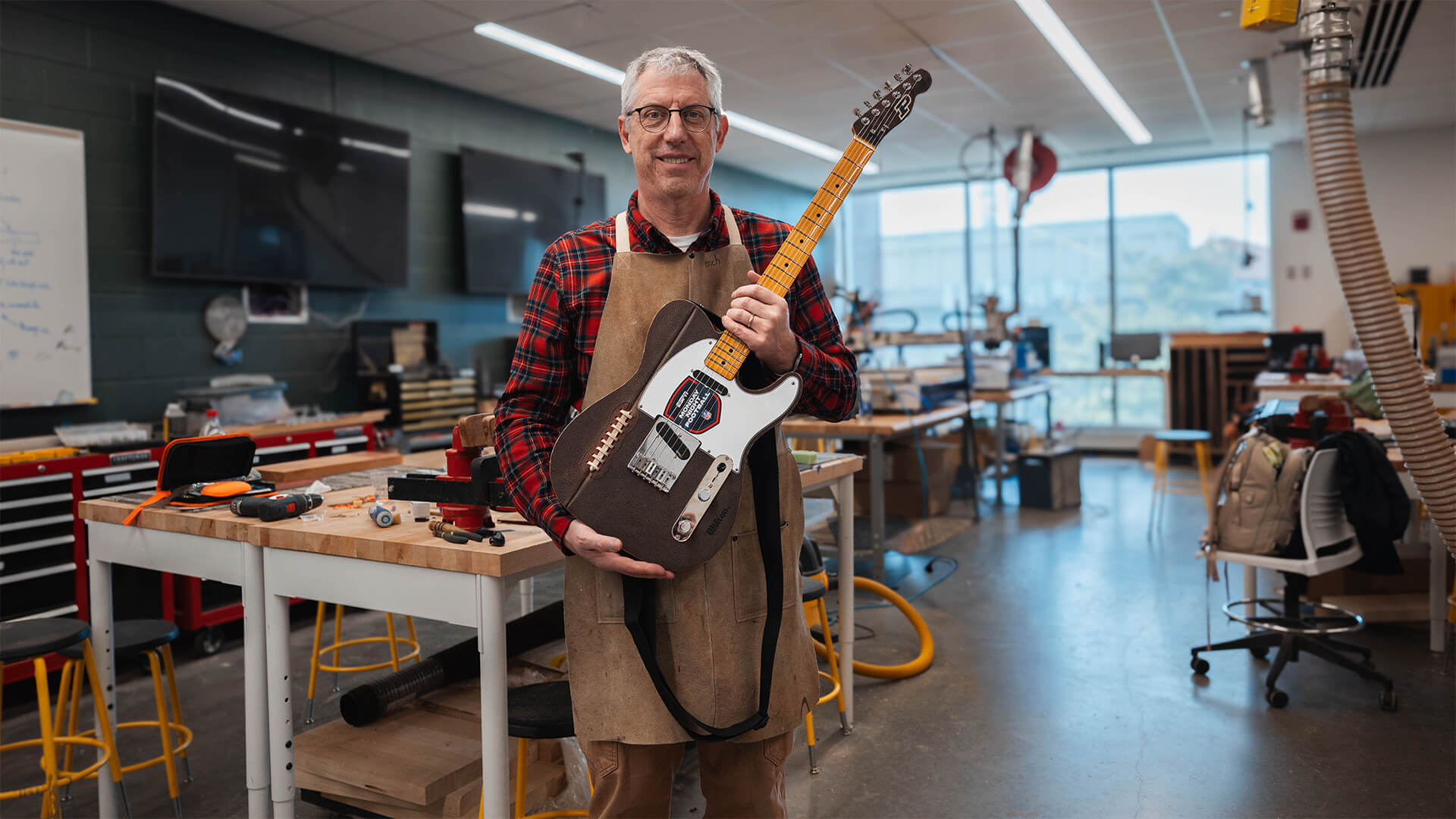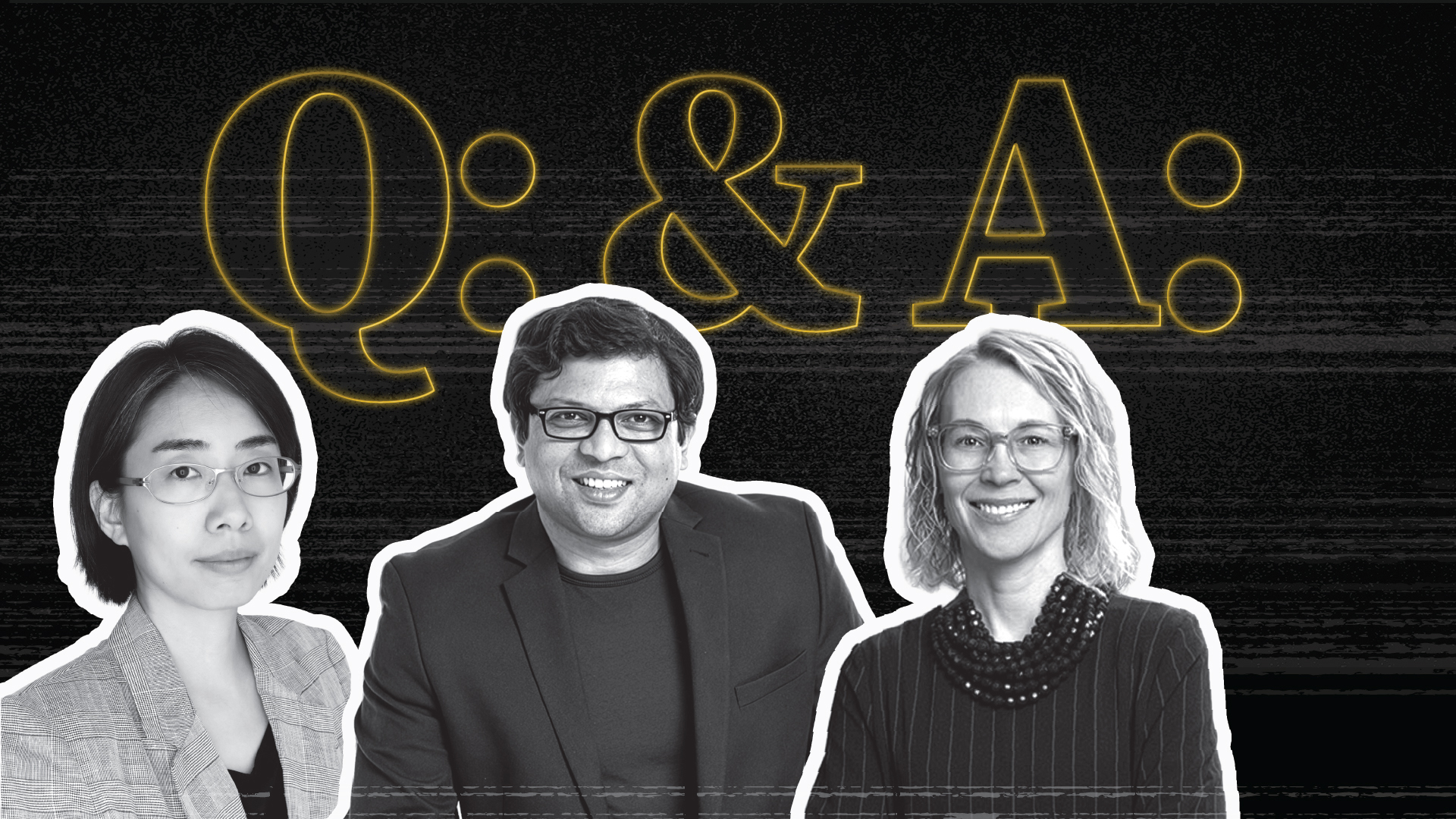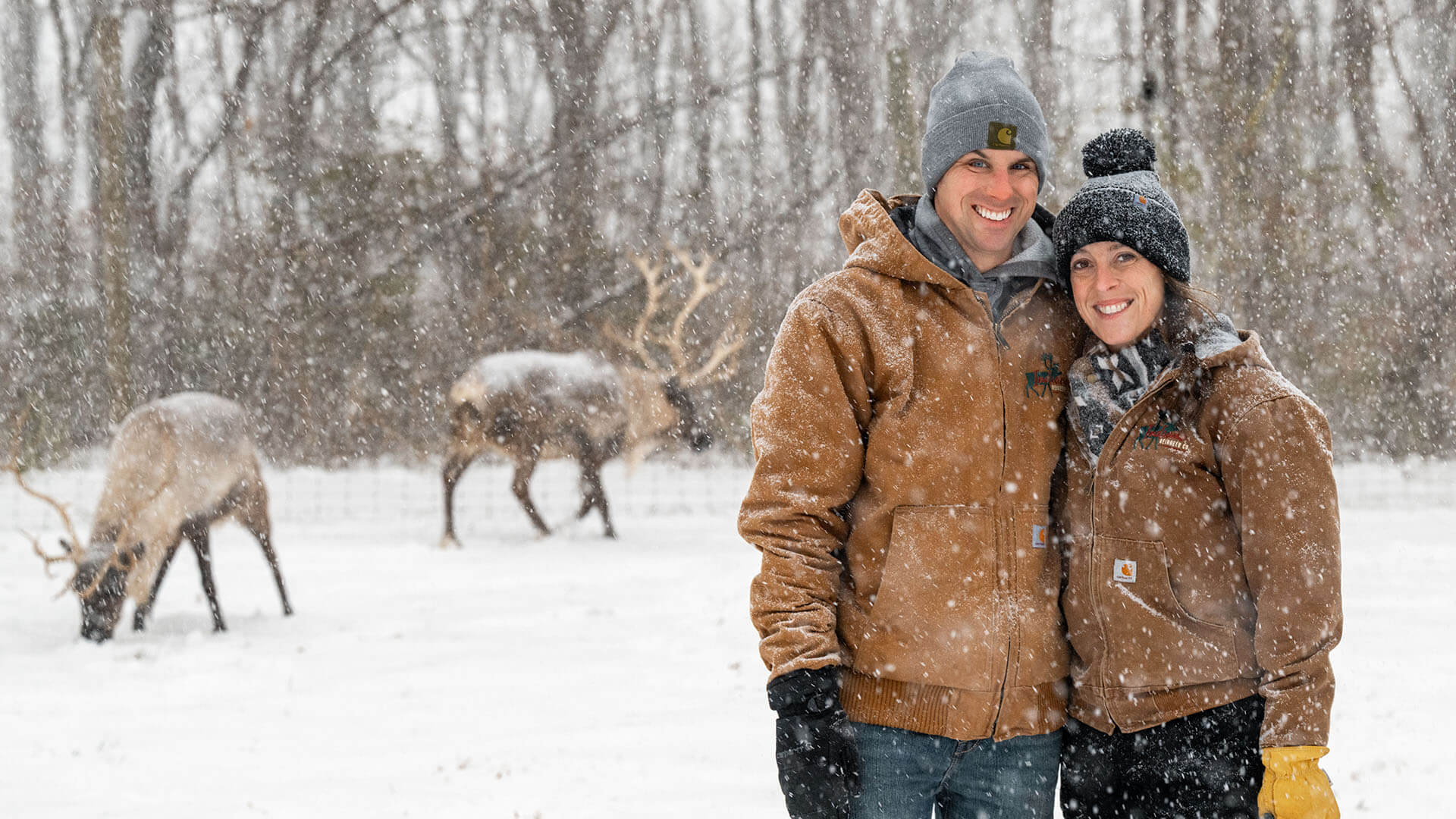NASA astronauts and industry specialists prepare Purdue students
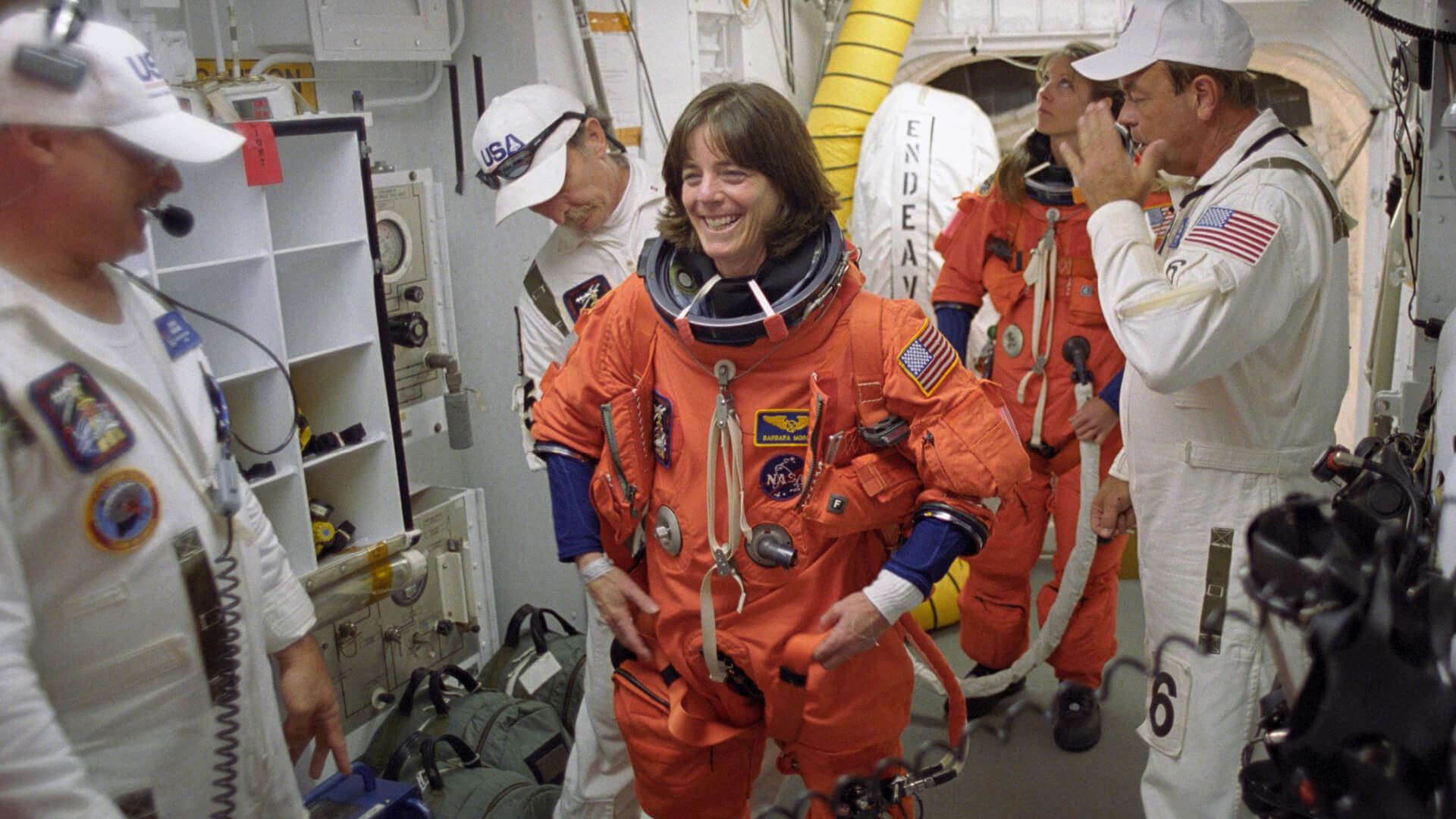
"Purdue is a real leader with this program for young women,” says Barbara Morgan, an educator, retired NASA astronaut, Astronaut Scholarship Foundation trustee and 2023-4 Leading Women Toward Space Careers mentor.
Mentors in the Leading Women Toward Space Careers program provide insightful advice and real-world opportunities
Rocket scientists aren’t known for having a lot of free time.
Astronauts aren’t exactly idle, either.
Space industry specialists are busy leading humankind where it’s never been before — but experts in the field still devote themselves to helping the next generation of innovators at Purdue.
In Leading Women Toward Space Careers, students connect with mentors and visit NASA centers and conferences across the United States. The John Martinson Honors College program makes it possible for prospective scientists, astronauts and specialists to meet with role models who are changing the world (and beyond) with their work.
The program extends beyond campus in a partnership between Purdue and Morgan State University. MSU students are fully involved in travel opportunities as well as monthly video calls and virtual programming.
Mentors represent the diversity of space careers — from engineers to public policy advocates to the director of the International Space Station — and provide a variety of perspectives. They also share insight on work-life integration and offer help with college challenges. It’s a well-rounded, thoughtful approach to leadership that creates opportunities for students like never before.
Experiencing space industry environments
Exploring workplaces in person and networking with role models can be keys to securing a job. Leading Women Toward Space Careers organizes trips to NASA centers and industry conferences where students learn more about their career options and meet the people they could work alongside one day.
Seeing NASA facilities firsthand is a dream for anyone excited about space exploration. Mentees get behind-the-scenes tours of their research laboratories, wind tunnels, aircraft hangars and administrative hubs. Every step of the way, they hear from the agency’s associates who share their expertise and answer any questions.
Experts are also at every conference and workshop the group visits, like the Astronaut Scholarship Foundation’s Innovators Symposium and Gala. It’s a chance for everyone to introduce themselves to professionals and get to know other students from across the country who share the same ambitions.
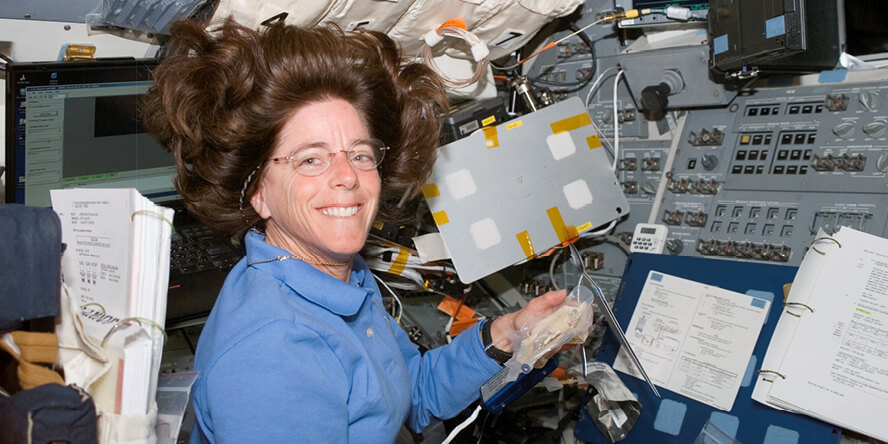
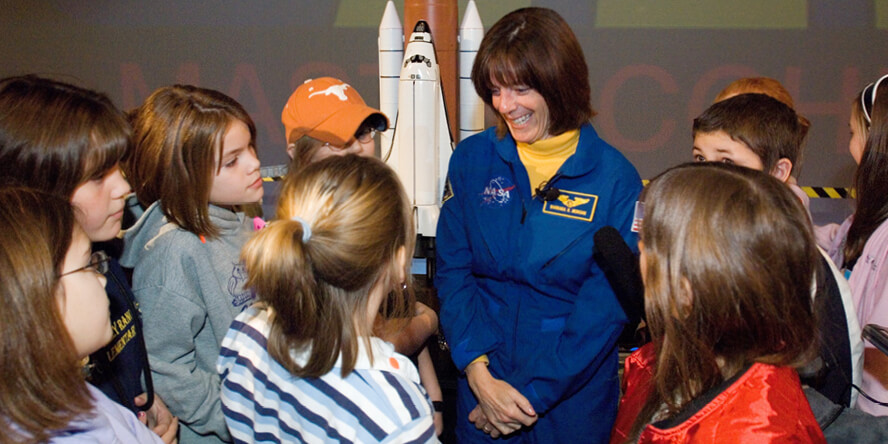
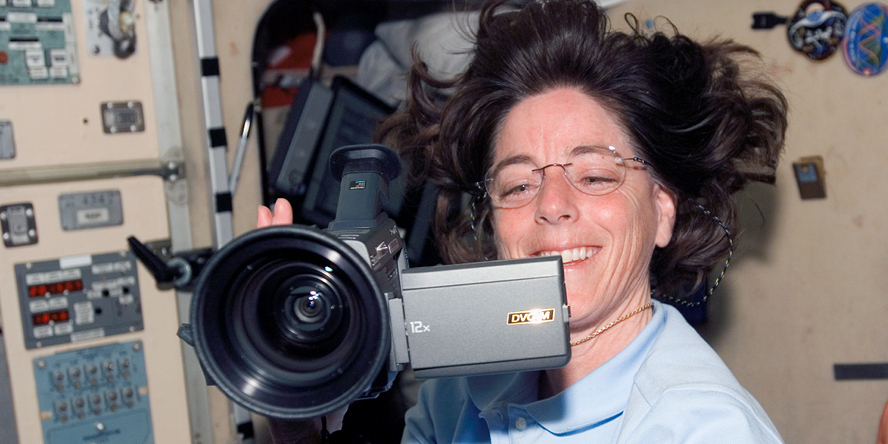
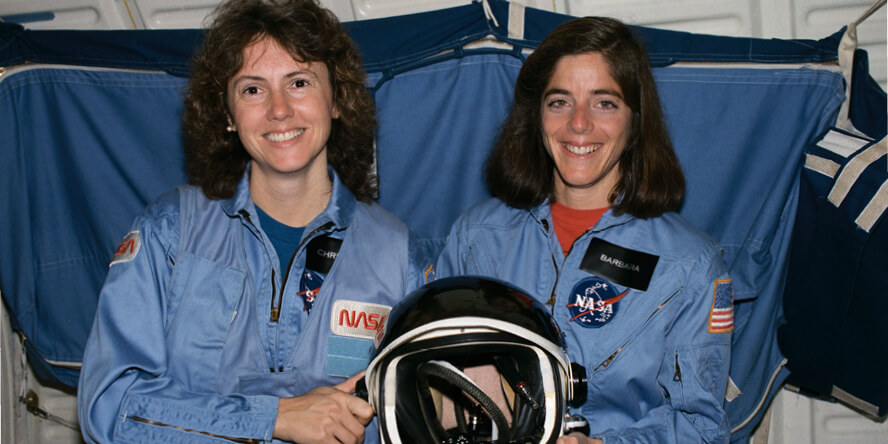
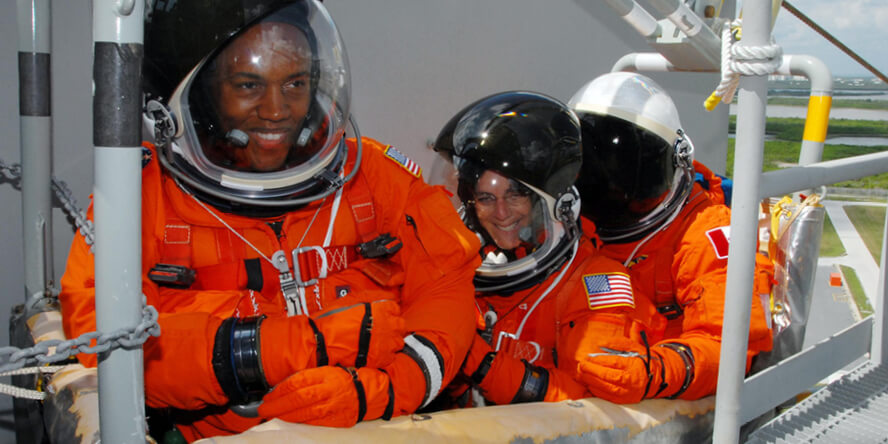
Learning from a lifelong teacher
Mentorship is a critical component of career progression. “Employers recognize how important mentorship is to learning,” says Barbara Morgan, an educator, retired NASA astronaut, Astronaut Scholarship Foundation trustee and 2023-24 Leading Women Toward Space Careers mentor. “Purdue is a real leader with this program for young women.”
As a mentor, Morgan shares the significance of lifelong learning with students and reminds them to be open to the endless opportunities as they follow their callings. She’s seen how many ways there are to get involved in the space industry, from roles in engineering and cybersecurity to media relations and legal affairs. “Have a path, but keep your eyes wide open,” she says. “I would not trade my three careers — and now I call this my fourth career — for anything.”
Morgan knows the relationships mentees are forming will help them through their entire lives. “One of the things we’ve talked about is how mentors can communicate their experiences, but we don’t have all the answers,” she says. “The people who are going to be their mentors for the rest of their careers are going to be their colleagues. This program has formed these teams of people who will always be there for each other. I think that’s so important.”
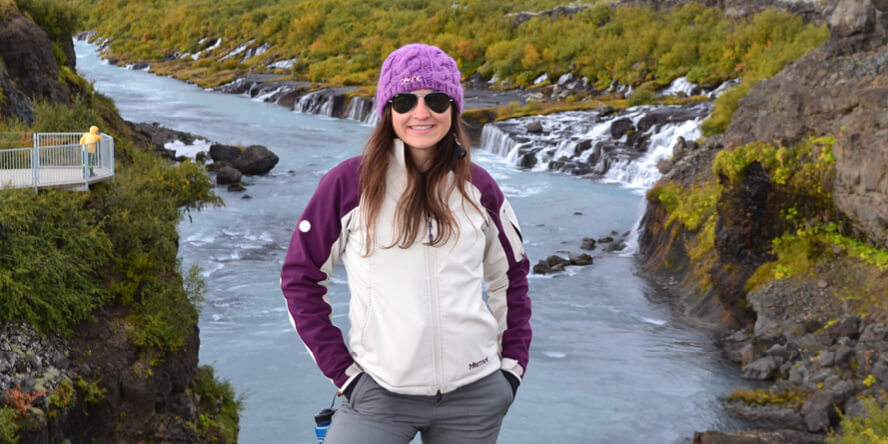
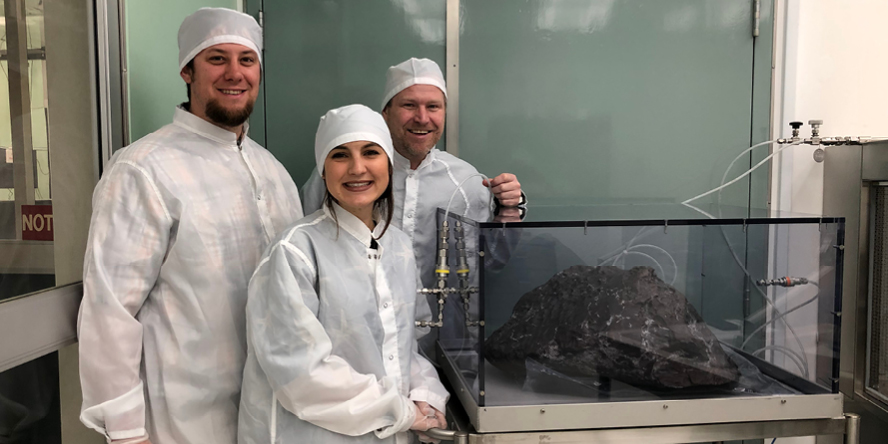
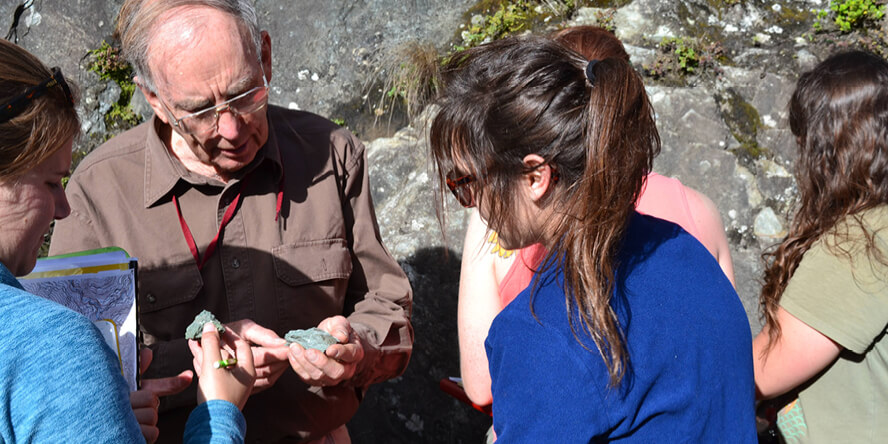
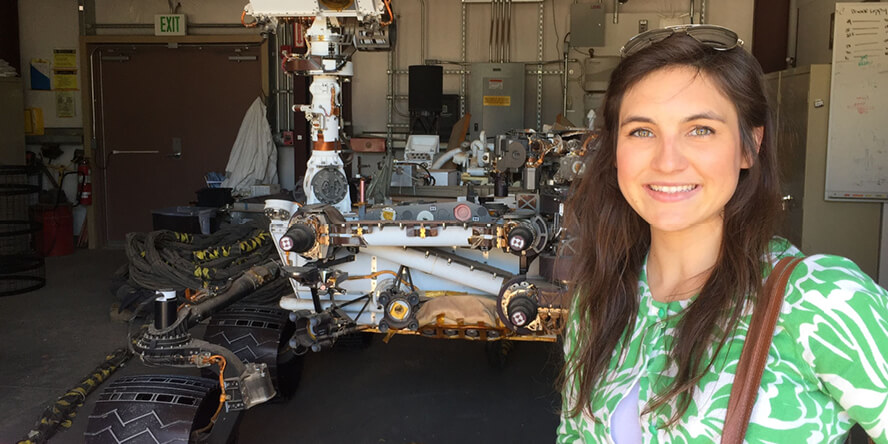
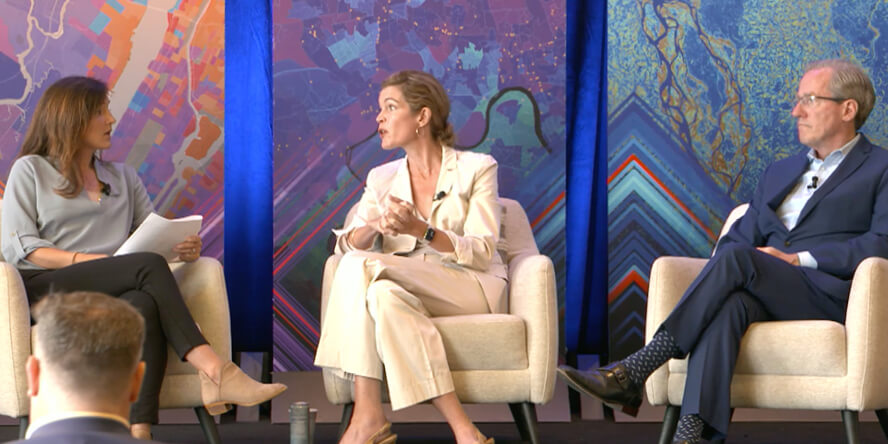
Discovering new opportunities
As a Purdue alumna who’s worked for NASA, the National Science Foundation, the Aerospace Corporation and Esri, Sheridan Moore provides an abundance of space career advice to mentees. Her insight integrates experience outside of the industry — she can also draw on her time as a Baltimore Ravens cheerleader, high school teacher, CEO and real estate agent.
“You never know where one introduction will lead, so talk to everyone,” Moore says. “People have helped connect me to so many of my interests. I want to do the same for these students.”
She’s been a mentor since the program’s beginning and meets with students focused on a variety of fields, including life sciences, planetary science, astrodynamics and mission design.
Mentorship circles discuss everything related to managing life and work: guiding teams, championing diversity, communicating needs, building resumes, and applying to graduate schools and jobs.
“I think it’s human nature to be curious about what’s going to happen in the future,” Moore says. “If they can hear our stories and think, ‘Oh, that could be my life,’ or, ‘Maybe that’s a path I should take,’ I think that’s everything.”
